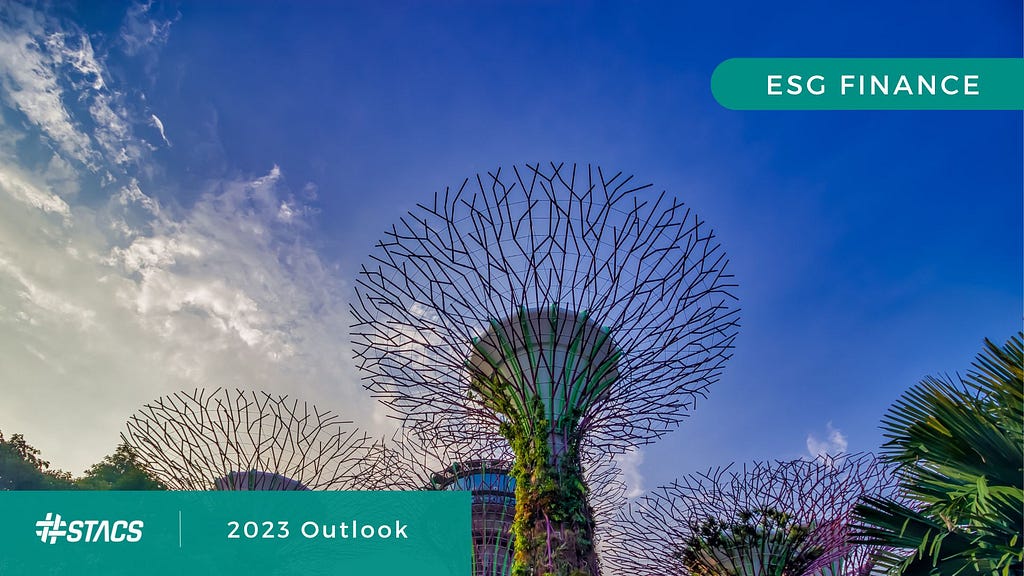
Leading on from COP27 and as we kick off 2023 in the ESG finance space, it’s apparent that nations are staying committed to their long-term green ambitions despite some short-term headwinds, with Asia set to play a pivotal role in making or breaking our planet’s race towards net zero.
Both the regulatory and business push to decarbonise industries is in full swing: every sector has now embarked on the ESG journey with unique challenges and opportunities — from fashion and hospitality, to transport, logistics, and supply chain.
Besides governments, private-sector companies are starting to step up in a big way by empowering end-consumers to participate in carbon offsetting through things like fractionalised carbon credits, which can be easily incorporated at the point of sale at the online check-out feature using new green technologies (more on that later).
Pressure on every sector to go green
High-quality Carbon Credits

Governments around the world are increasingly introducing carbon pricing, carbon taxes, and other green policies to encourage businesses to reduce their carbon emissions.
This pressure is making it more expensive for emitters, driving businesses to look for ways to reduce their carbon footprint while at the same time investing in ESG and carbon-tracking technologies.
We believe businesses that are better prepared for climate change are more likely to remain profitable over the long term, making them more competitive, and improving their reputation with stakeholders, and consumers.
However, as we wrote in November, in spite of the enforcement of regulations and companies’ best efforts at decarbonisation, residual carbon emissions remain inevitable for some businesses.
This is why carbon credits will remain an important tool in 2023, offering businesses the opportunity to offset their residual emissions while they continue taking steps towards net-zero.
A few challenges currently affect the adoption and effectiveness of carbon credits in contributing to real positive climate change, with greater data transparency/ traceability still required in order for countries, and businesses to truly harness their full potential.
Learn how ESGpedia empowers High-Quality Carbon Credits here.
Fractionalised Carbon Credits for Businesses and End-Consumers
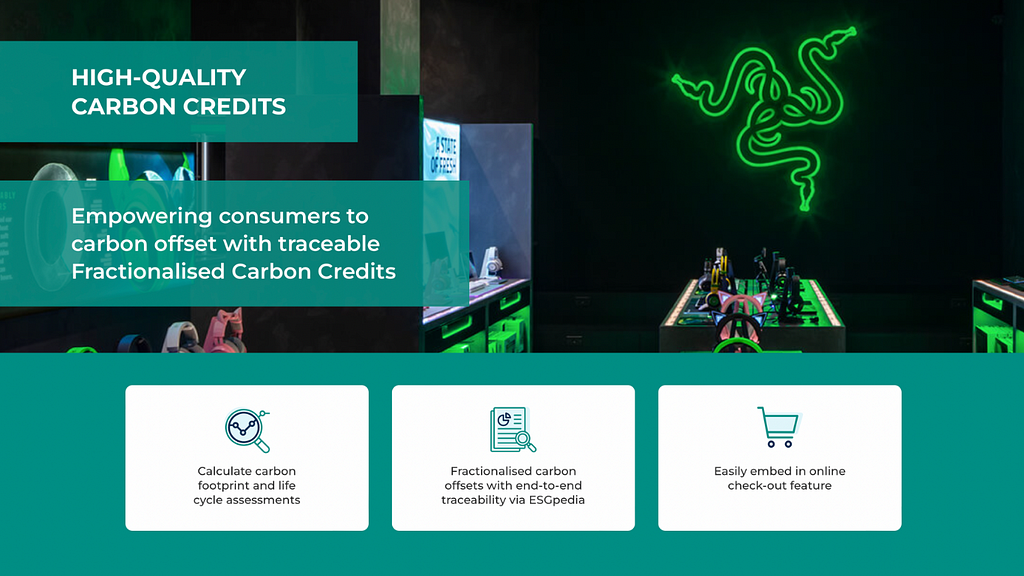
With fractionalised carbon credits, businesses can now empower their customers to offset the carbon footprint of their purchased “product”, whether it is a gaming mouse, piece of clothing, or even a hotel stay, in an accurate and traceable manner. This allows for greater society-wide engagement, and climate impact, and is especially relevant in today’s post-pandemic world, where e-commerce has jumped 55 per cent to hit $1.7 trillion.
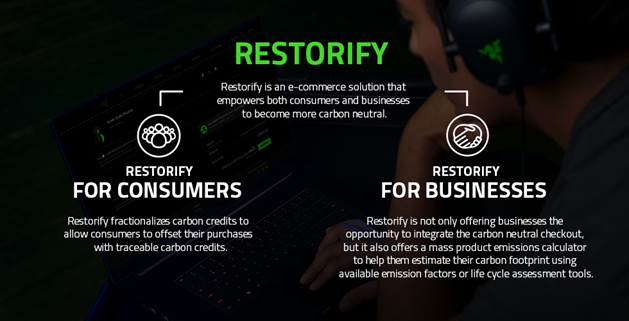
As mentioned at the outset, we are very bullish on the future of fractional carbon credits and the role they will play in enabling not just businesses, but end-consumers, to accelerate positive climate action.
The technology is already here and available for commercial roll use: powered by STACS, Restorify is a carbon-neutral check-out solution that allows accurate and traceable carbon offsetting for end-consumers through fractionalised high-quality carbon credits, driving society-wide engagement, and greater impact.
We already partnered with global gaming giant Razer on Restorify integration but hope it will go far beyond gaming into every sector in 2023 (it couldn’t come at a better time for Singapore as the government recently waived GST on voluntary carbon credits).
Textile and Fashion

A notable example of an industry decarbonising has been highlighted by the steady growth in demand for sustainable fashion, with 66 per cent of consumers considering sustainability when purchasing clothes.
As we look to the year ahead, there is a need for the fashion and textile industry to take more action on sustainability in its end-to-end supply chain.
This is what led to our partnership with Singapore Fashion Council, through which we aim to empower businesses in the fashion and textile sector to embark on sustainability journeys with comprehensive monitoring of various ESG credentials throughout the end-to-end textile supply chain, and sustainable financing through our ESGpedia platform.
Fashion will remain a keystone sector in transforming the Asean supply chain to one that is more sustainable, and competitive, helping maintain its role as a leader globally.
Read our Fashion and Textile live use case on sustainable fashion with Singapore Fashion Council.
Real Estate
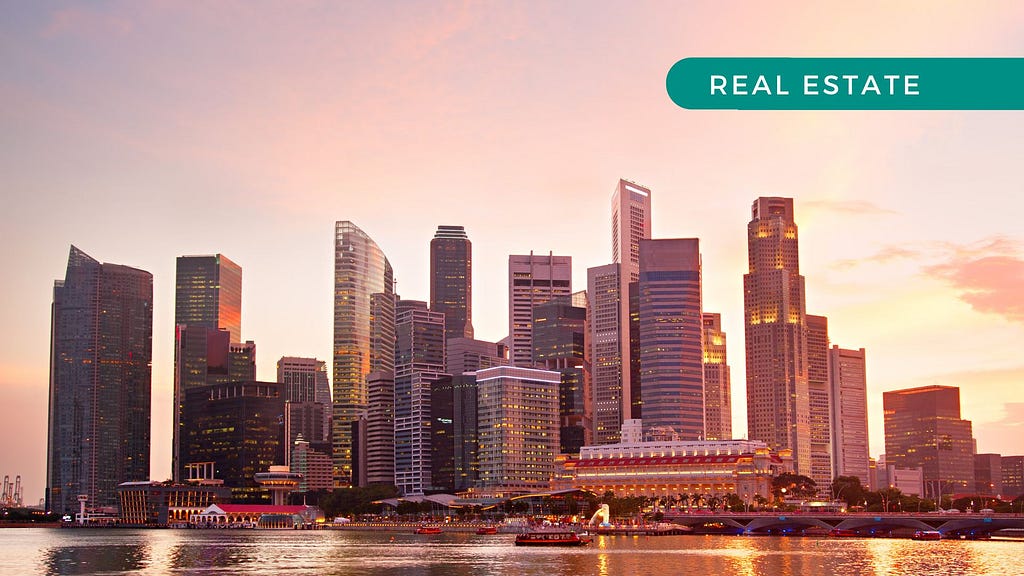
Real estate is another sector which will see rapid sustainable development this year, supported by regulatory push from authorities like Building and Construction Authority (BCA).
Green financing for real estate is becoming mainstream, with companies facing reduced funding opportunities if they do not go green. Beyond a potential premium in financing costs, a recent OCBC report also noted that green buildings command a premium among buyers and tenants. On the regulatory front, listed real estate companies are already required to release sustainability reports that include disclosures on material ESG factors, policies, practices, performance, and targets.
However, while the heat is on real estate companies to improve their disclosures, the report noted that investor demand for sustainability-related information is still not being met.
This is precisely why we are working with a robust ecosystem of upstream data partners in the real estate and built-environment sector, with Akila being the most recent partnership announced in January 2023.
Through these partnerships, corporates in the real estate sector will be able to better quantify and verify their buildings’ emissions, and evidence their sustainability efforts via a corporate profile on a common, standardised platform, which serves as the bridge between sustainability and green financing by banks. In turn, banks will be able to streamline their risk management process, and make better data-driven decisions when financing real estate projects.
Hospitality

In hospitality, the emergence of the conscious traveler has led hotels to begin to understand that what’s good for society may also be what’s good for business, with many of the largest multinational hotel companies making pledges to invest in sustainability initiatives.
Locally, the Singapore Hotel Association and the Singapore Tourism Board jointly launched the Hotel Sustainability Roadmap in March 2021, outlining key targets that the hospitality sector has to reach starting 2023 in terms of sustainability certifications, emission tracking, and decarbonisation.
Even so, hotels face challenges in going green and tracking, measuring, and quantifying their green efforts, which is so important in attaining ESG finance — and only becoming more so.
Read our Hospitality live use case with Citadines Bali, Envision Digital, and HSBC Indonesia here.
Transportation and Logistics
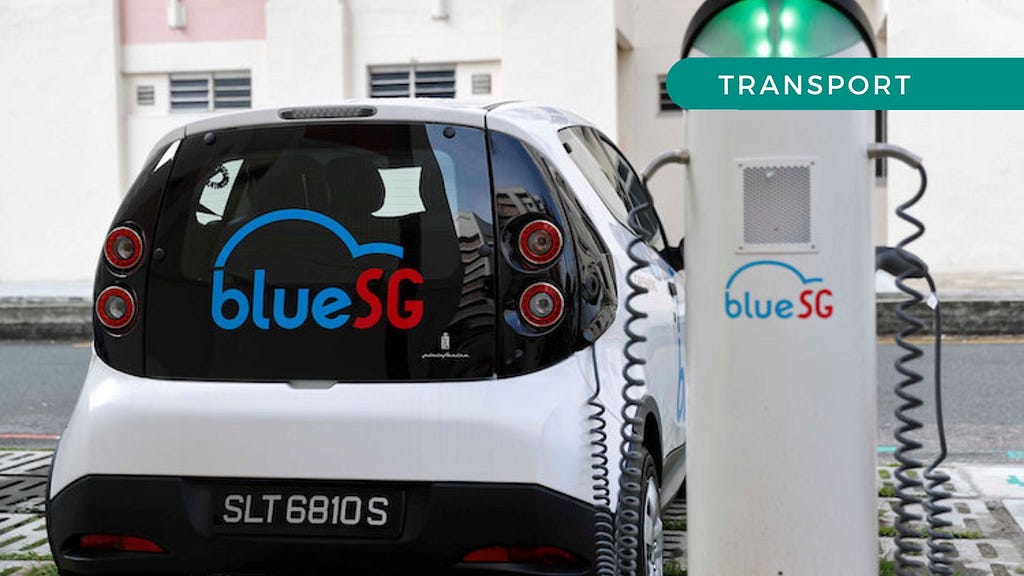
Transport, too, is a sector we have big hopes for in the year ahead when it comes to going from brown to green, something we have written about in depth.
Two years ago, the Singapore government launched the Singapore Green Plan 2030, a movement that aims to advance sustainable developments nationwide for the next decade.
This will mean the transportation sector needs to make drastic cuts to its current greenhouse gas emission levels, with road transport currently making up 97 per cent of the city-state’s transport carbon footprint.
Singapore will lead the pack on net zero and ESG Finance
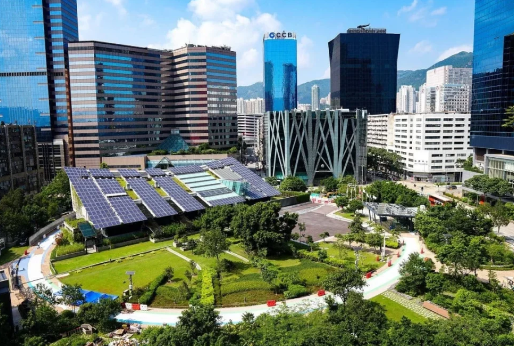
In 2023, we believe Singapore will continue leading the way in the region as the ESG and fintech hub, with the government taking a proactive stance on climate change that will have ripples across every sector.
As companies across all sectors race towards sustainability, sustainable finance remains as a key enabler. With a growing global ESG financing gap, financial institutions can leverage on existing technology platforms to achieve effective sustainable finance products, and financial portfolio monitoring, so that more capital can be mobilised to finance green projects where it is sorely needed.
The city-state has committed to reduce its carbon footprint by 36 per cent by the end of the decade and has set up a Sustainable Finance Initiative to drive investments towards green and sustainability-related projects.
This is supporting the robust growth of green finance, sustainability-focused funds, and ethical investments, and we believe this trend will continue unabated in the year ahead.
It’s important to remember that we are part of an association of countries and that cross-border collaboration with our neighbours is key to effectively tackling climate change at scale.
Our work at STACS with the state-owned power utility EGAT in Thailand to accelerate the transition to a low-carbon economy was an example of the kind of green cross-border collaboration we hope to see more of this year.
Separately, the UNESCAP Asia Pacific Green Deal announced at COP27 is a good example of an Asia-wide green initiative that came out of the climate conference in a collaborative effort to mobilise investment that accelerates the transition to a green and inclusive economy.
Green Tech Solutions to empower Asia’s Net Zero Journey
Despite the headwinds, we’re optimistic on what the year ahead will hold for governments, businesses, and individuals as we all do our part to bring about a more sustainable planet — with the help of new green technologies. With Asia being one of the regions most vulnerable to climate shocks, we look forward to building cross-border partnerships to collectively win the battle against climate change, and enable sectors towards a Net Zero future.
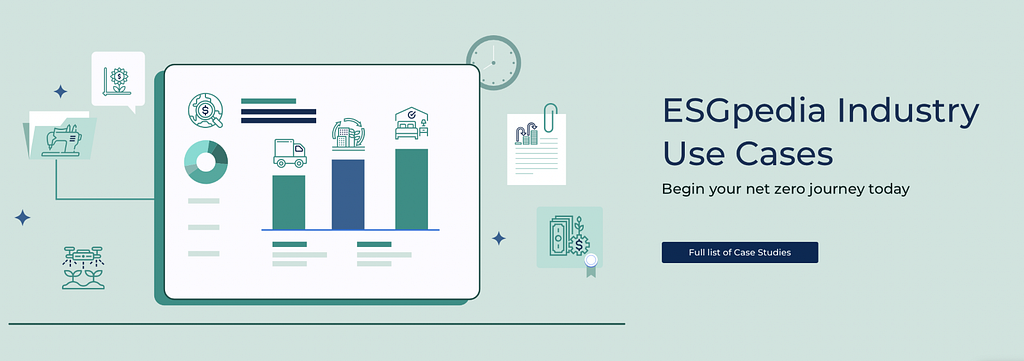
Start your ESG finance journey today by signing up for a free trial of ESGpedia here.




